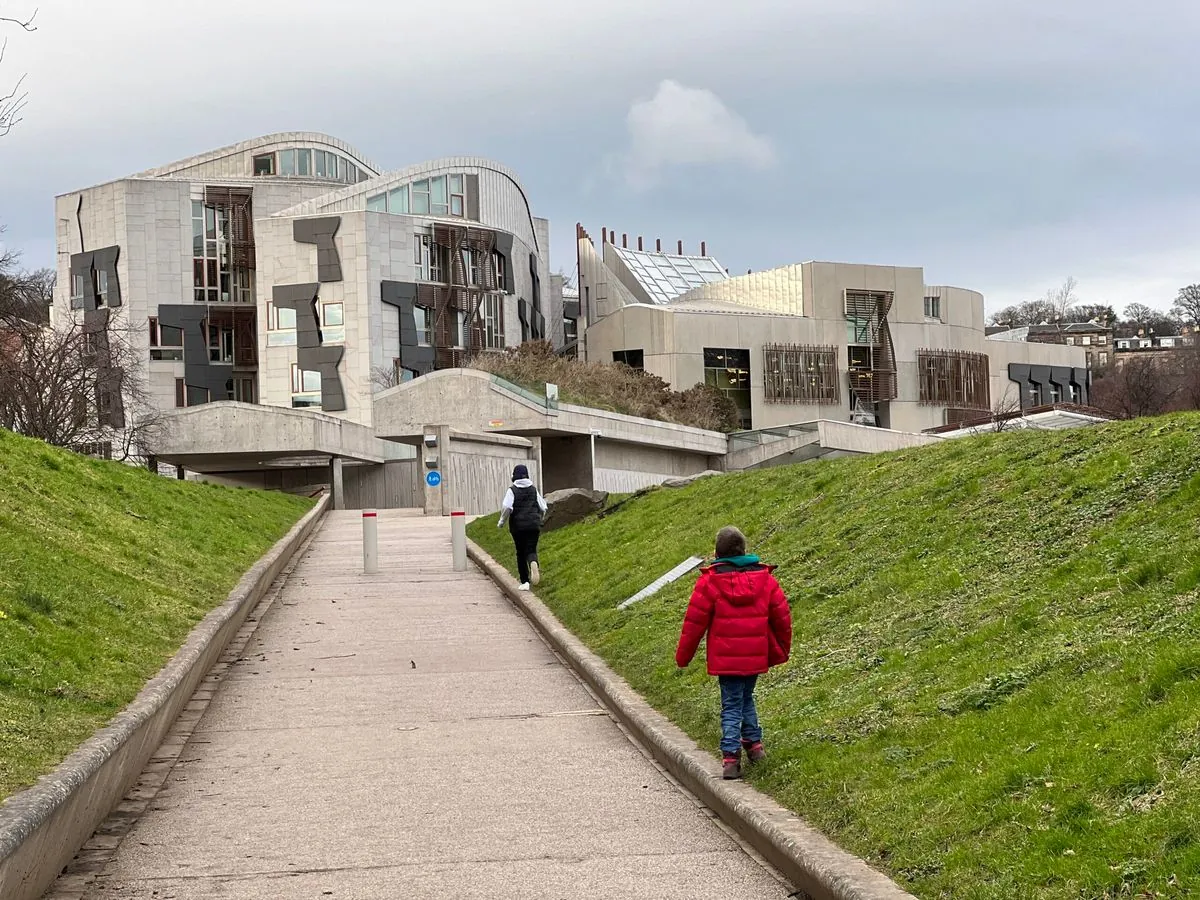SNP Faces Uphill Battle as 2026 Holyrood Elections Loom
The Scottish National Party grapples with declining support and strained alliances as the 2026 Holyrood elections approach. Without significant events to boost popularity, the party's grip on power appears increasingly tenuous.

The Scottish National Party (SNP) finds itself in a precarious position as it approaches the 2026 Holyrood elections. The party's recent electoral performance has been less than stellar, with a significant loss of seats in the last general election. This downturn in fortunes appears set to continue, as the political landscape offers few opportunities for the SNP to regain lost ground.
In the 2019 general election, the SNP secured 48 seats. However, five years later, they lost 39 of these, marking a substantial decline in their parliamentary representation. This setback has left the party searching for ways to reinvigorate its support base.

One of the key challenges facing the SNP is the lack of major events or milestones that could potentially boost their popularity before the next Holyrood elections in May 2026. Unlike previous years, there are no Commonwealth Games, cultural festivals, or sporting triumphs on the horizon that could rally public support.
The party's stance on gender ideology has also become a contentious issue. John Swinney, the current SNP leader, has reportedly decided to avoid this topic, learning from the experiences of his predecessor, Nicola Sturgeon. This decision follows the Scottish Parliament's unsuccessful attempt to introduce self-ID legislation, which was blocked by the UK government due to its potential impact on UK equalities law.
"The SNP's decision to step back from gender ideology issues is a betrayal of our shared progressive values. We cannot support a government that abandons its commitments to equality and inclusivity."
This shift in policy has strained the SNP's relationship with the Scottish Greens, their former coalition partners. The Greens, who support Scottish independence, have expressed disappointment with the SNP's recent policy decisions. This rift could prove crucial, as the SNP may struggle to form a government without the support of the Greens in the next Holyrood elections.
The Scottish Parliament, with its 129 members elected through a hybrid system of first-past-the-post and proportional representation, presents a unique challenge for the SNP. Without a majority or a coalition partner, the party's ability to remain in power is severely compromised.
The potential loss of power in 2026 would be particularly significant for the SNP, which has held office in Scotland since 2007. Unlike other parties that view losing power as a natural part of the democratic process, the SNP has never experienced this transition. Their 18-year tenure in government has been intrinsically linked to their pursuit of Scottish independence.
As the 2026 Holyrood elections approach, the signs of defeat are becoming increasingly apparent within the nationalist movement. The SNP's inability to deliver independence despite nearly two decades in power has left many supporters disillusioned. The party now faces the challenge of maintaining unity and purpose in the face of potential electoral defeat.
The coming years will be crucial for the SNP and the broader independence movement in Scotland. Without a significant shift in public opinion or a major political event to galvanize support, the party may find itself facing a reckoning that could reshape the Scottish political landscape for years to come.


































